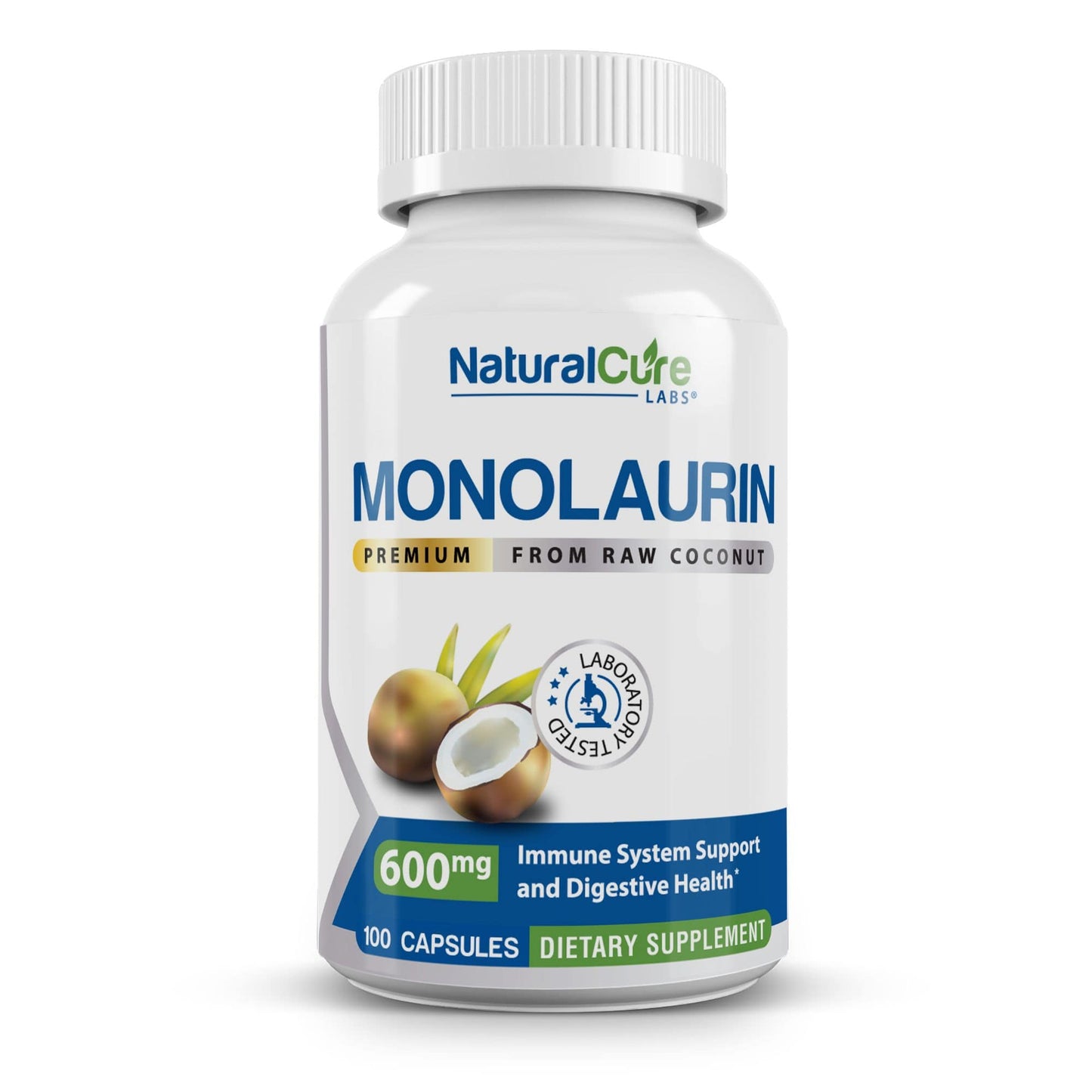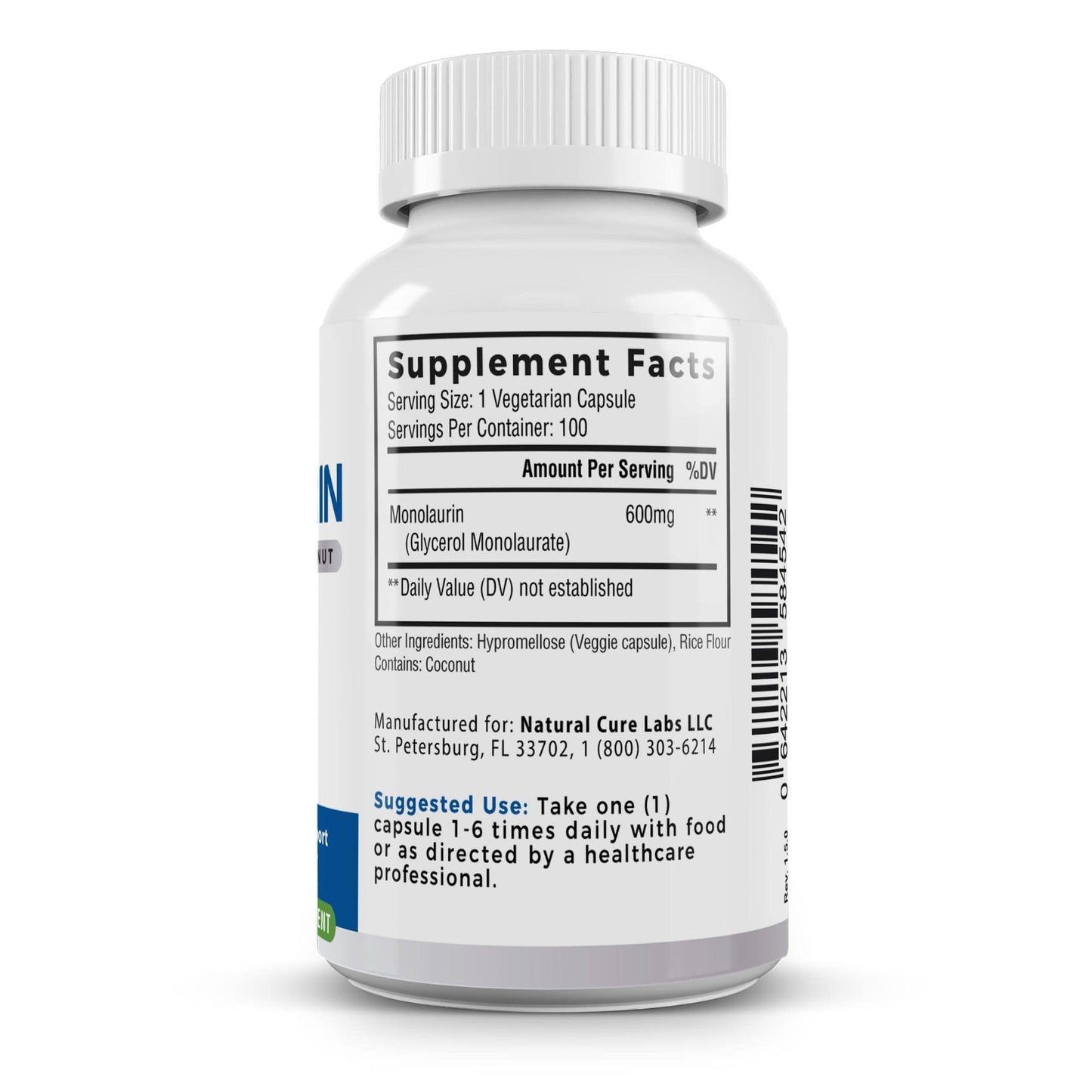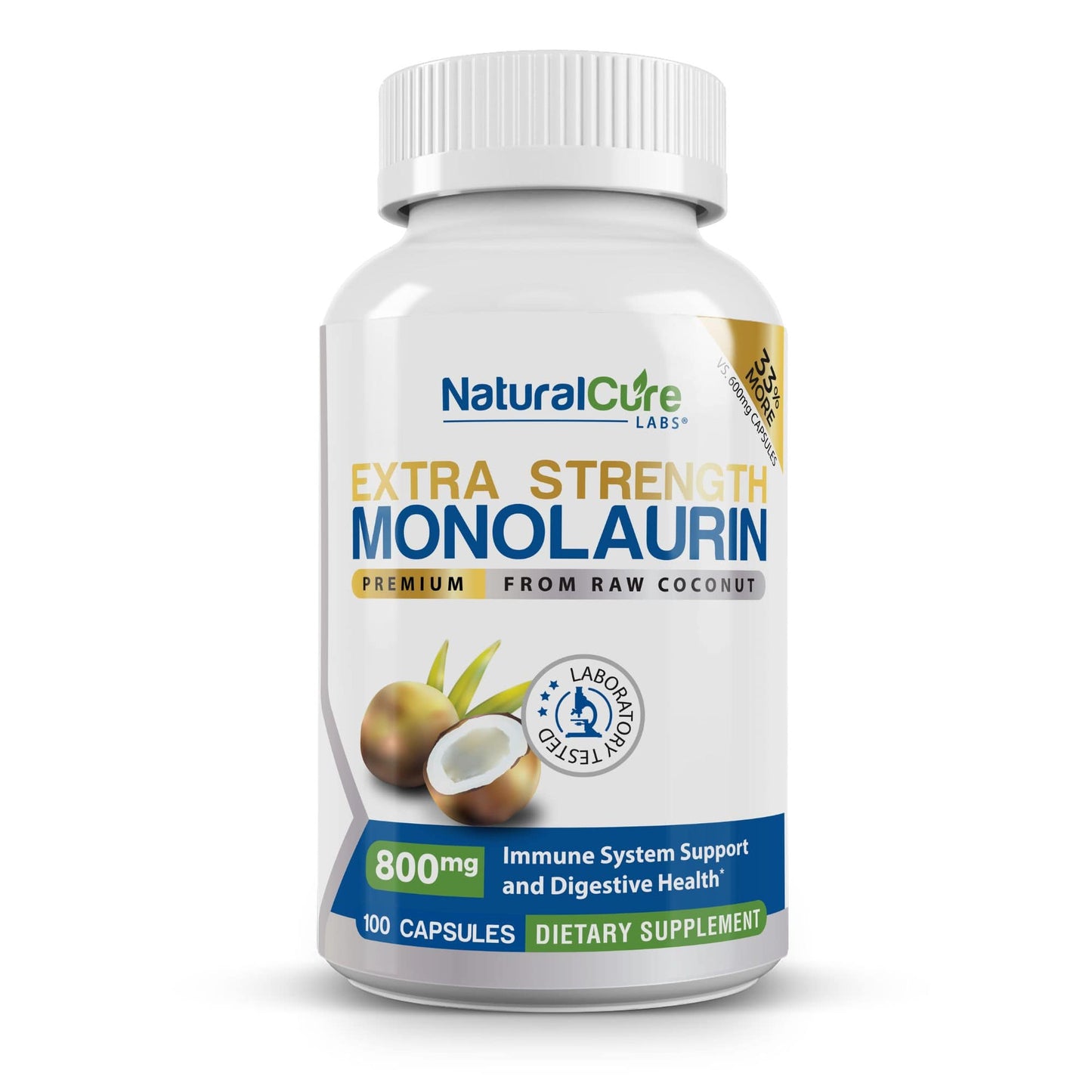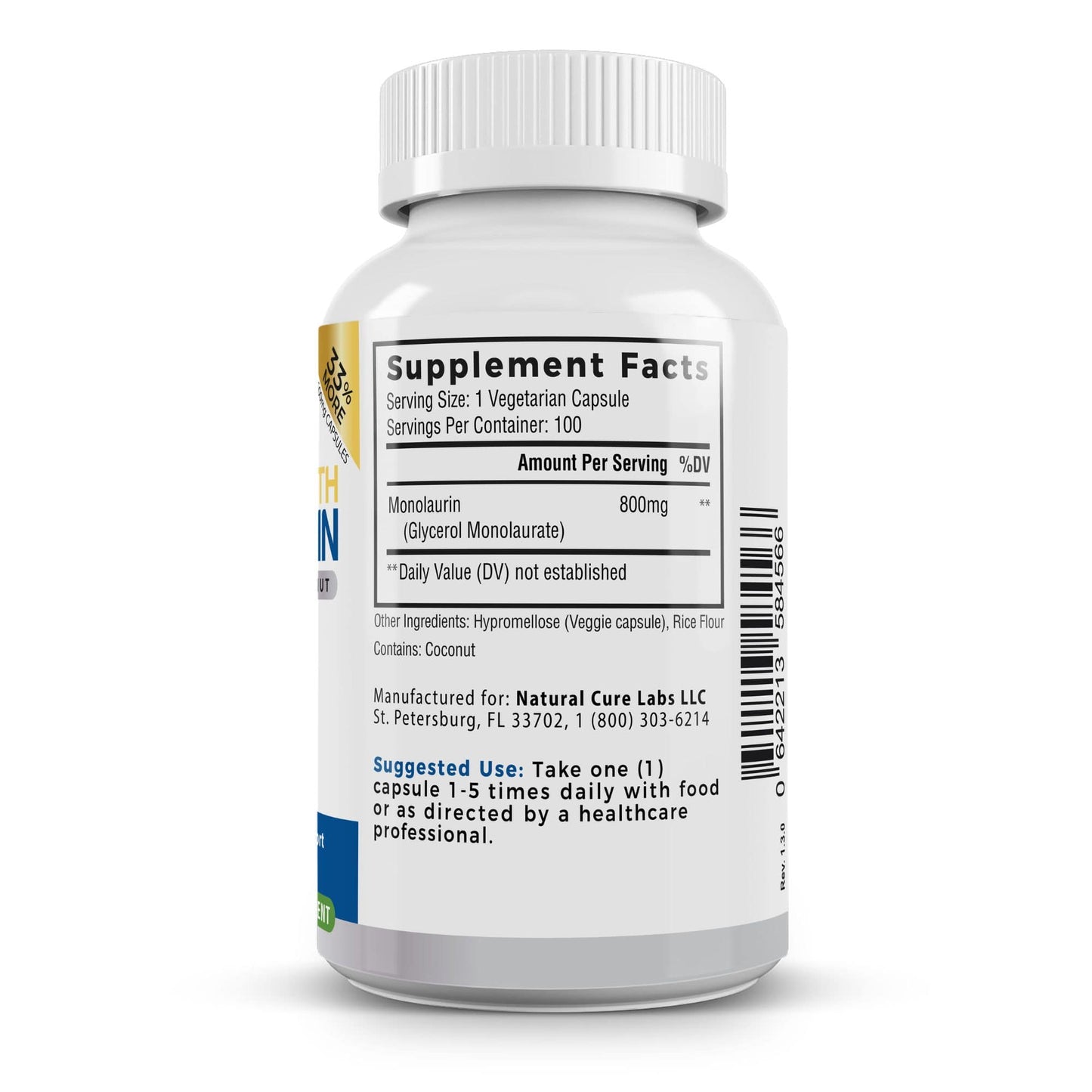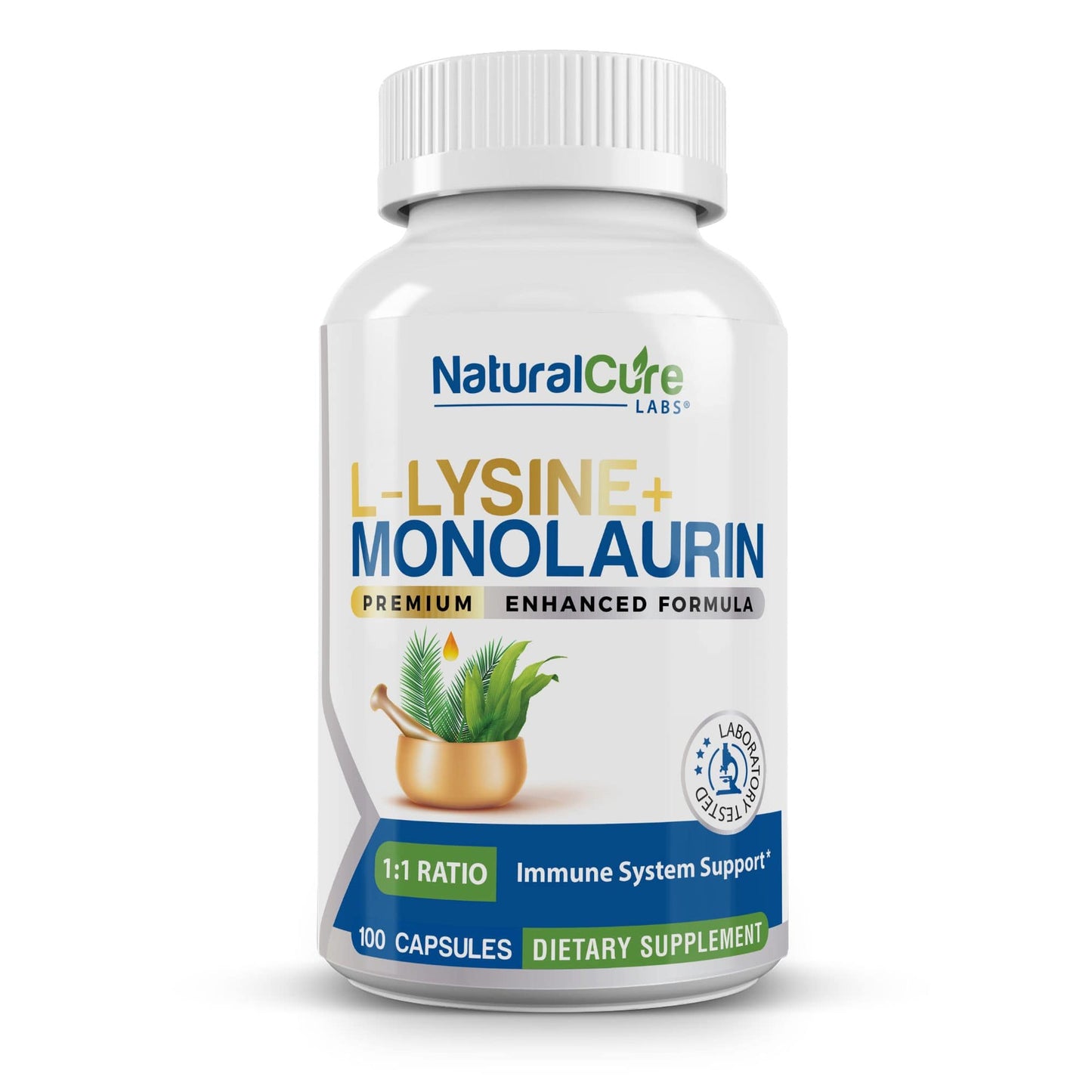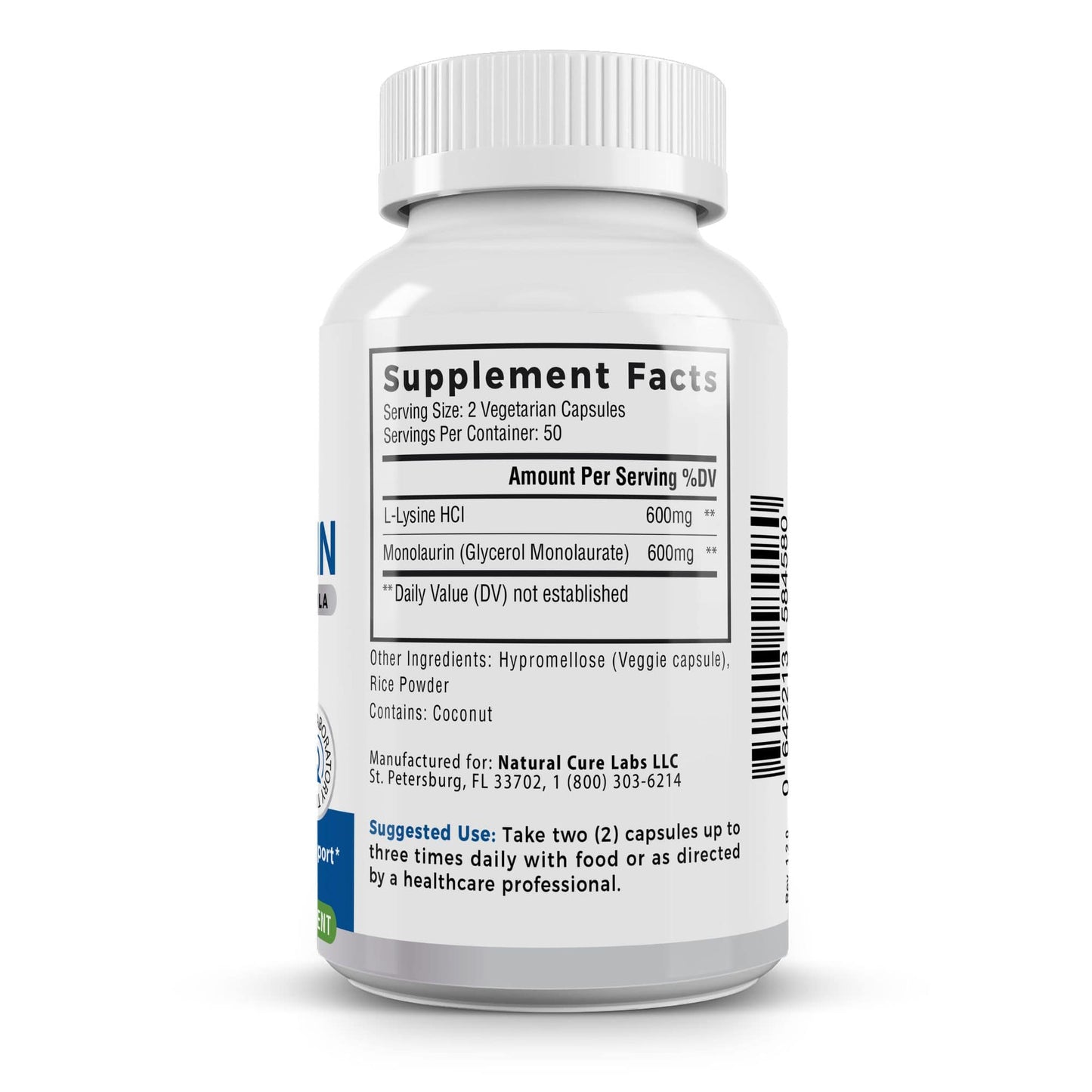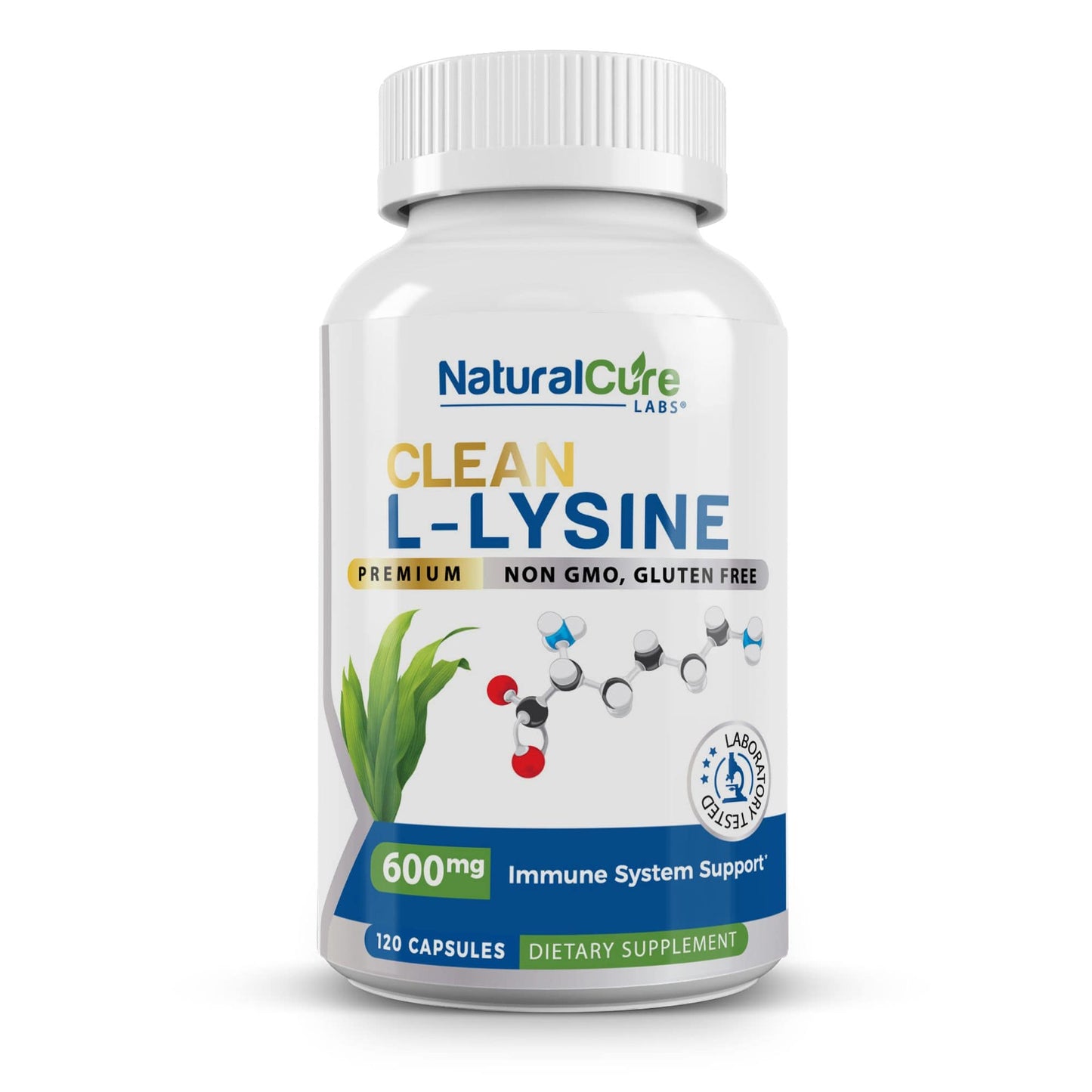
📝 Medically reviewed by Dr. Patricia Shelton
🔍 Last updated August 5, 2024
📚 21 citations
📖 7 minute read
About the Author:

Dr. Patricia Shelton, MD, has been a medical communicator and educator since 2014. She holds a Doctor of Medicine degree and a Bachelor's degree in Neuroscience, both from the University of Washington in Seattle.
--
A recent survey from CeraVe revealed that 80% of adults in the United States experience skin concerns. ¹ Natural ingredients have the potential to support skin health, whether that be through dietary supplements or topical products. ‡
L-lysine, an essential amino acid, is responsible for the growth and development of the human body. This compound acts as a protein building block, and research suggests that it can support skin health.
Jump To:
- What is L-Lysine?
- What Is an Essential Amino Acid?
- How Much Lysine Should I Have?
- L-Lysine and Collagen
- Health Benefits of Lysine
- Final Thoughts
- References
Keep reading to learn more.
See Related: How Can Monolaurin Support Skin And Hair Health?
What is L-Lysine?
L-lysine, also referred to simply as lysine, is an essential amino acid. This means that the human body cannot synthesize lysine on its own, even though it’s fundamental to overall health. Lysine plays a role in many processes, such as calcium absorption, enzyme and hormone production, and tissue growth and maintenance. It’s also important for the formation of collagen, the body’s major structural protein. ² ³
Because it can’t be synthesized by the human body, lysine must be obtained through outside sources, including high-protein foods or dietary supplements like our Clean L-Lysine product.

What Is an Essential Amino Acid?
L-lysine is an essential amino acid, which means that it is important for overall health. Of the 20 essential amino acids, only 11 are naturally produced by the human body. The other amino acids, including lysine, must be obtained from outside the body, either through food or by taking lysine supplements.
Amino acids support metabolism and cellular activity. They are required for the synthesis of proteins, which are necessary for all of the body’s functions. In addition, the body uses amino acids to make other nitrogen-containing compounds, like peptides and creatine.
As previously stated, the human body cannot synthesize essential amino acids. These compounds must come from outside sources. They can be obtained from animal proteins and or from plant proteins. ⁴ ⁵ Lysine supplements like our L-Lysine + Monolaurin are plant-derived and feature a powerful blend of immune-supporting ingredients in a pure and clean formula. ‡
How Much Lysine Should I Have?
The recommended daily dose of lysine for adults is 30mg per the World Health Organization. Foods with a high concentration of lysine include meat and poultry, cheese, fish, eggs, soybeans, and legumes. ⁶ ⁷ ⁸
The L-Lysine + Monolaurin supplements from Natural Cure Labs contain 600mg of lysine and 600mg of monolaurin per serving for a premium 1:1 blend. This enhanced formula is non-GMO, clean label, and meets the highest standards of quality and purity. It's carefully sourced, expertly blended, and thoroughly tested for a powerful product you can trust. ‡
Bonus: Monolaurin And L-Lysine: Better Together

L-Lysine and Collagen
Research shows that lysine can build collagen in the skin. ¹¹ ¹² Collagen is a structural protein found in the bones, skin, and muscles. It's highly abundant, accounting for one-third of the total protein in the human body.
This compound is a vital component of connective tissues. It also provides the skin with elasticity, helping to keep the skin supple, smooth, and strong. ⁹ Collagen is also a key component of the extracellular matrix. This intertwined network of molecules is what binds the body's tissues. ¹⁰
The body naturally synthesizes its own collagen. This is known as endogenous collagen. Collagen that’s obtained from outside the body, such as in foods or supplements, is known as exogenous collagen. While the digestive tract is not able to absorb collagen as an intact protein, it’s broken down, and the component amino acids are absorbed, helping to ensure that the body has enough building blocks to create its own collagen. Lysine is one of the amino acids used to create endogenous collagen. ²²
Health Benefits of Lysine
Lysine can support skin health, but that's not all this compound can do. Because lysine acts as a protein building block for your body, it also plays a role in muscle health, fat transportation, and wound healing, in addition to healthy collagen production. ¹¹ ¹³ ¹⁴
Lysine also supports bone health and calcium absorption, particularly when used alongside arginine. ¹⁵ ¹⁶
Additionally, L-lysine can help manage levels of the stress hormone cortisol and support mental health, which can have an impact on skin health. ¹⁷ ¹⁸ ¹⁹ ²⁰ ²¹
Final Thoughts
Lysine supplementation and a protein-rich diet may help maintain overall skin health. As research continues to develop, it's easy to see the healing potential that lysine can have on the human body. ‡
Keep Reading: How Can L-Lysine Support The Brain And Body?
--
References
- CeraVe. (2024). New Survey Shows 80 Percent of Adults Experience Skin Concerns, Yet Less than Half Visit a Dermatologist Annually. Retrieved July 26, 2024, from https://www.prnewswire.com/news-releases/new-survey-shows-80-percent-of-adults-experience-skin-concerns-yet-less-than-half-visit-a-dermatologist-annually-302188106.html.
- Lopez, M. J., & Mohiuddin, S. S. (2023). Biochemistry, Essential Amino Acids. In StatPearls. StatPearls Publishing.
- National Center for Biotechnology Information (2024). PubChem Compound Summary for CID 5962, Lysine. Retrieved July 26, 2024 from https://pubchem.ncbi.nlm.nih.gov/compound/Lysine.
- Lopez, M. J., & Mohiuddin, S. S. (2024). Biochemistry, Essential Amino Acids. In StatPearls. StatPearls Publishing.
- National Research Council (US) Subcommittee on the Tenth Edition of the Recommended Dietary Allowances. Recommended Dietary Allowances: 10th Edition. Washington (DC): National Academies Press (US); 1989. 6, Protein and Amino Acids. Available from: https://www.ncbi.nlm.nih.gov/books/NBK234922/
- World Health Organization. Protein and amino acid requirements in human nutrition. WHO Technical Report Series 935. Retrieved July 26, 2024, from http://apps.who.int/iris/bitstream/handle/10665/43411/WHO_TRS_935_eng.pdf?sequence=1.
- Tomé, D., & Bos, C. (2007). Lysine requirement through the human life cycle. The Journal of nutrition, 137(6 Suppl 2), 1642S–1645S. https://doi.org/10.1093/jn/137.6.1642S
- Górska-Warsewicz, H., Laskowski, W., Kulykovets, O., Kudlińska-Chylak, A., Czeczotko, M., & Rejman, K. (2018). Food Products as Sources of Protein and Amino Acids-The Case of Poland. Nutrients, 10(12), 1977. https://doi.org/10.3390/nu10121977
- Shoulders, M. D., & Raines, R. T. (2009). Collagen structure and stability. Annual review of biochemistry, 78, 929–958. https://doi.org/10.1146/annurev.biochem.77.032207.120833
- Yue B. (2014). Biology of the extracellular matrix: an overview. Journal of glaucoma, 23(8 Suppl 1), S20–S23. https://doi.org/10.1097/IJG.0000000000000108
- Frey, J., & Raby, N. (1991). Lysine et collagène [Lysine and collagen]. Annales de biologie clinique, 49(1), 36–39.
- Yamauchi, M., & Sricholpech, M. (2012). Lysine post-translational modifications of collagen. Essays in biochemistry, 52, 113–133. https://doi.org/10.1042/bse0520113
- Mailoo, V. J., & Rampes, S. (2017). Lysine for Herpes Simplex Prophylaxis: A Review of the Evidence. Integrative medicine (Encinitas, Calif.), 16(3), 42–46.
- Shashikumara, S., Jayaraman, V., Chikkegowda, P., Lingaiah, D. C., & Kalal, B. S. (2023). Efficacy of 15% lysine cream in treating diabetic foot ulcers: a randomized interventional study. International journal of physiology, pathophysiology and pharmacology, 15(3), 88–97.
- Civitelli, R., Fedde, K. N., Harter, J., Halstead, L. R., Gennari, C., & Avioli, L. V. (1989). Effect of L-lysine on cytosolic calcium homeostasis in cultured human normal fibroblasts. Calcified tissue international, 45(3), 193–197. https://doi.org/10.1007/BF02556063
- Civitelli, R., Villareal, D. T., Agnusdei, D., Nardi, P., Avioli, L. V., & Gennari, C. (1992). Dietary L-lysine and calcium metabolism in humans. Nutrition (Burbank, Los Angeles County, Calif.), 8(6), 400–405.
- Smriga, M., Ando, T., Akutsu, M., Furukawa, Y., Miwa, K., & Morinaga, Y. (2007). Oral treatment with L-lysine and L-arginine reduces anxiety and basal cortisol levels in healthy humans. Biomedical research (Tokyo, Japan), 28(2), 85–90. https://doi.org/10.2220/biomedres.28.85
- Smriga, M., Ghosh, S., Mouneimne, Y., Pellett, P. L., & Scrimshaw, N. S. (2004). Lysine fortification reduces anxiety and lessens stress in family members in economically weak communities in Northwest Syria. Proceedings of the National Academy of Sciences of the United States of America, 101(22), 8285–8288. https://doi.org/10.1073/pnas.0402550101
- Smriga, M., & Torii, K. (2003). L-Lysine acts like a partial serotonin receptor 4 antagonist and inhibits serotonin-mediated intestinal pathologies and anxiety in rats. Proceedings of the National Academy of Sciences of the United States of America, 100(26), 15370–15375. https://doi.org/10.1073/pnas.2436556100
- Chen, Y., & Lyga, J. (2014). Brain-skin connection: stress, inflammation and skin aging. Inflammation & allergy drug targets, 13(3), 177–190. https://doi.org/10.2174/1871528113666140522104422
- Evers, A. W. M., & van Beugen, S. (2021). How stress affects the skin: from designs to mechanisms. The British journal of dermatology, 185(1), 12–13. https://doi.org/10.1111/bjd.20397
- Wang, H. (2021). A Review of the Effects of Collagen Treatment in Clinical Studies. Polymers (Basel). 2021 Nov; 13(22): 3868. doi: 10.3390/polym13223868
‡ These statements have not been evaluated by the Food and Drug Administration. This product is not intended to diagnose, treat, cure, or prevent any disease.
--
Natural Cure Labs provides dietary supplements made from naturally derived ingredients. Our research-backed products contain premium botanicals and antioxidants that encourage healthy living and holistic wellness. Each high-quality product comes with a Clean Label that certifies our commitment to quality, transparency, and research. To stay connected and learn more, follow us on Facebook, Instagram, and TikTok.

